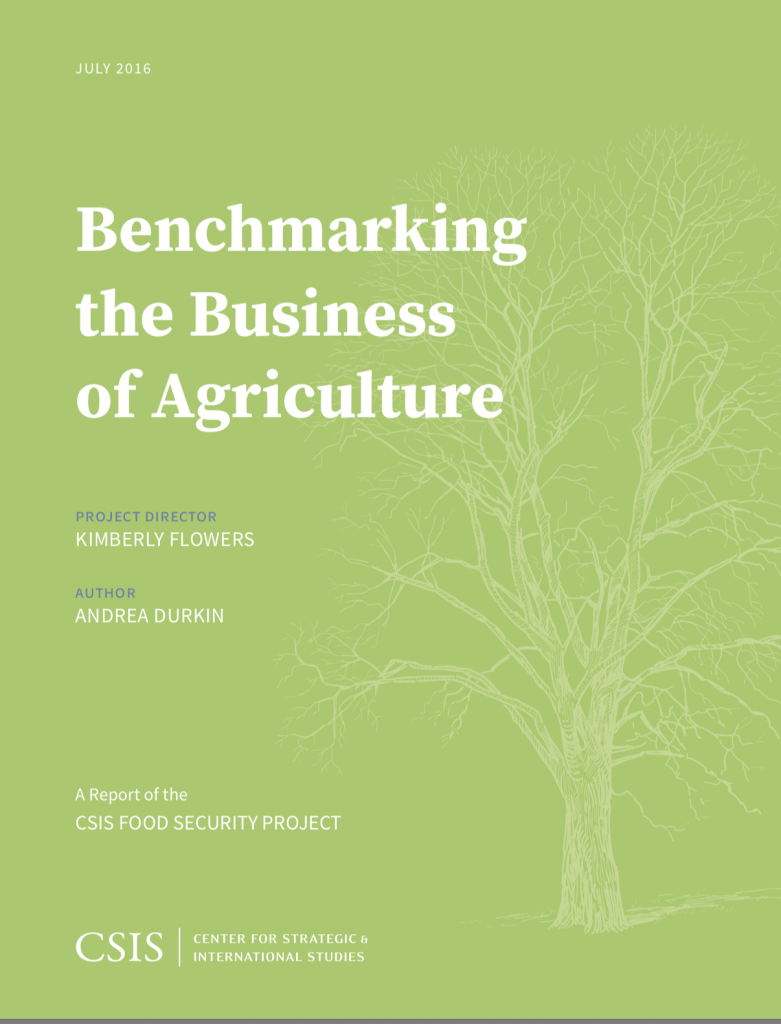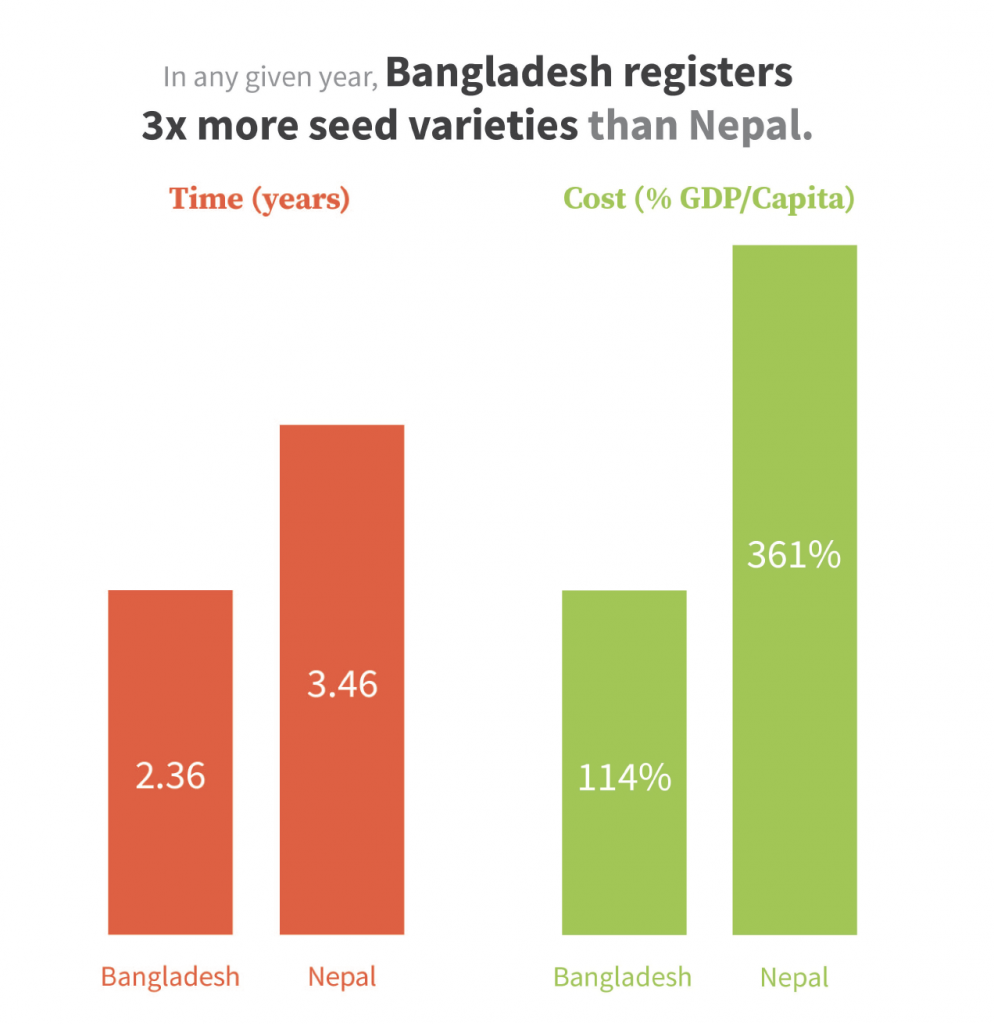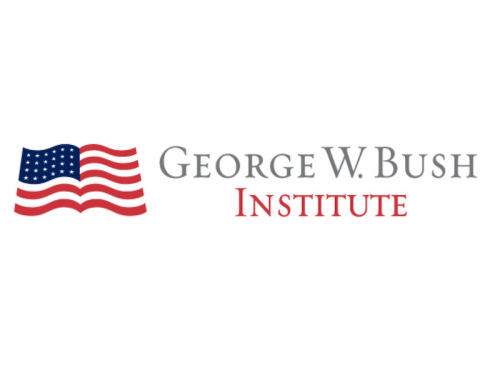
Putting an Index to Work
for Farmers, Policymakers, and NGOs
CLIENT: Center for Strategic and International Studies Food Security Program
PROJECT: Analyze Use of New World Bank Index
In recent years, governments, donors, and the private sector have all pledged to increase their funding to support an enabling environment for agricultural growth. What matters more than the amount spent is the impact that policy reforms, programs, and investments have on economic activity and progress in the agricultural sector.

Indices have been used for years to measure and benchmark indicators in the macroeconomic and social environment but none captured the unique characteristics and challenges of regulation in the agricultural sector.
The World Bank Enabling the Business of Agriculture (EBA) index broke ground by creating methods to evaluate the outcomes of different regulatory approaches in agricultural markets. Countries can use the data from these agricultural indices to monitor their own progress over time and to benchmark against comparators and competitors.
In this original report, Andrea recommends how different stakeholder groups can use the EBA index:
Government policymakers can use the agricultural index to set priorities, derive insights about good regulatory practices, bolster alignment across ministries, and better understand the experience of their agricultural constituencies—the “users” of domestic regulation.
The private sector, whether domestic or foreign, large or small, can leverage the indices to offer their perspective on how regulatory policies affect their business operations, and they can use index scores to help make investment decisions.
Donors can use the new agricultural indices to decide where to best spend their money, how to design programs that will improve the environment for businesses along the agricultural value chain, and how to build new metrics for evaluating program outcomes.




